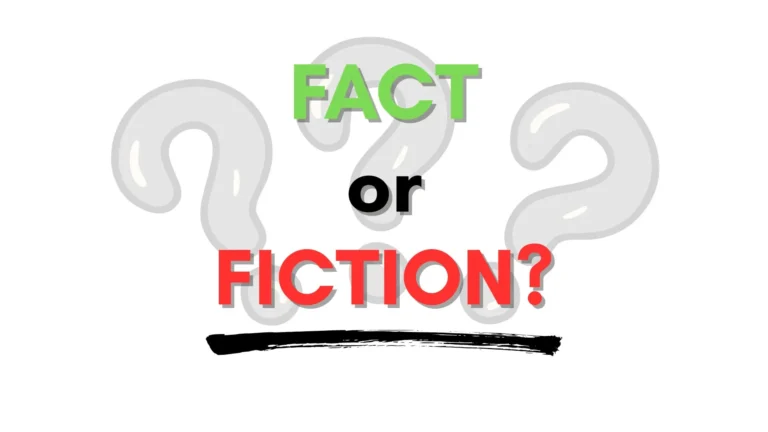Background
The Children’s Internet Protection Act (CIPA) is a federal law enacted by Congress to address concerns about access to offensive content over the Internet on school and library computers. CIPA imposes certain types of requirements on any school or library that receives funding for Internet access or internal connections from the E-rate program – a program that makes certain communications technology more affordable for eligible schools and libraries. In early 2001, the FCC issued rules implementing CIPA.
What CIPA Requires
- Schools and libraries subject to CIPA may not receive the discounts offered by the E-rate program unless they certify that they have an Internet safety policy that includes technology protection measures. The protection measures must block or filter Internet access to pictures that are: (a) obscene, (b) child pornography, or (c) harmful to minors (for computers that are accessed by minors). Before adopting this Internet safety policy, schools and libraries must provide reasonable notice and hold at least one public hearing or meeting to address the proposal.
- Schools subject to CIPA are required to adopt and enforce a policy to monitor online activities of minors.
- Schools and libraries subject to CIPA are required to adopt and implement an Internet safety policy addressing: (a) access by minors to inappropriate matter on the Internet; (b) the safety and security of minors when using electronic mail, chat rooms, and other forms of direct electronic communications; (c) unauthorized access, including so-called “hacking,” and other unlawful activities by minors online; (d) unauthorized disclosure, use, and dissemination of personal information regarding minors; and (e) measures restricting minors’ access to materials harmful to them.
Schools and libraries are required to certify that they have their safety policies and technology in place before receiving E-rate funding.
- CIPA does not affect E-rate funding for schools and libraries receiving discounts only for telecommunications, such as telephone service.
- An authorized person may disable the blocking or filtering measure during any use by an adult to enable access for bona fide research or other lawful purposes.
- CIPA does not require the tracking of Internet use by minors or adults.
Visit the Federal Communications Commission’s info page about CIPA by clicking here.



